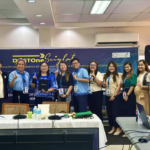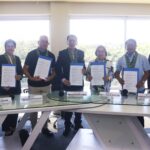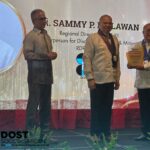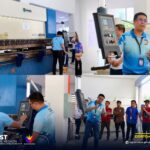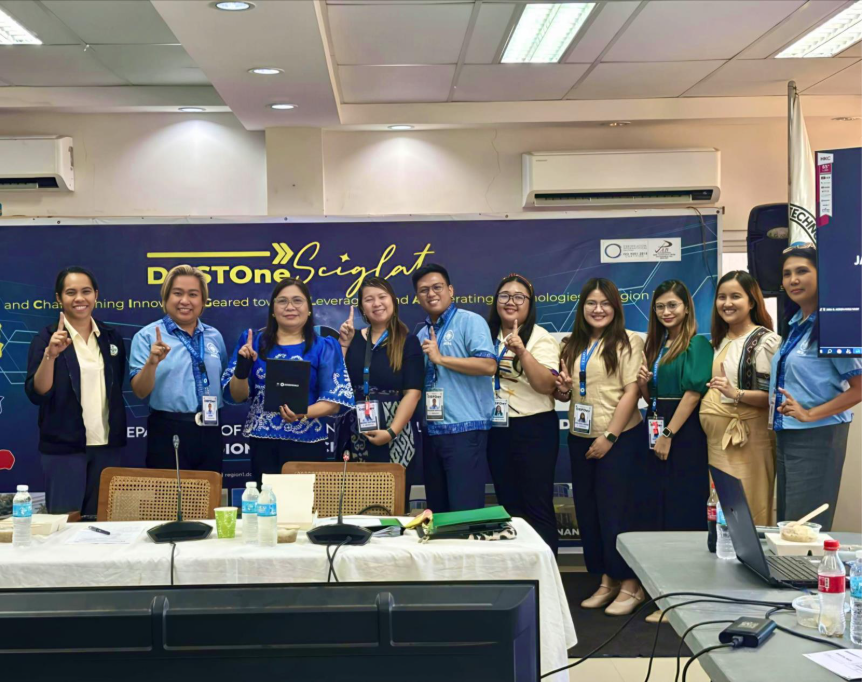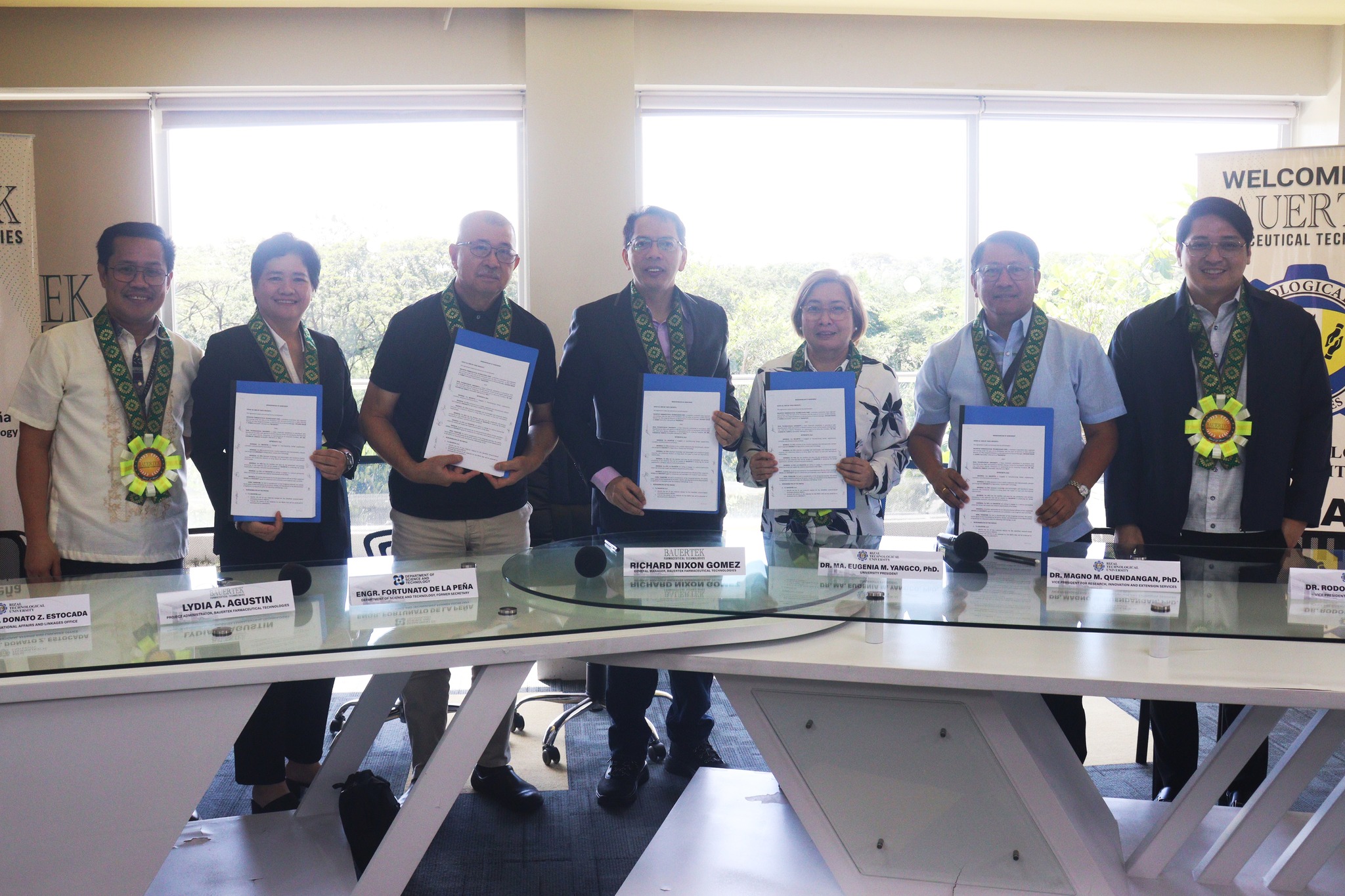During the Kapihan sa Bagong Pilipinas episode with the DSWD-10, Regional Director Ramel F. Jamen (2nd from left) shares that compared to other countries, the cash transfer program in the Philippines is conditional, where part of the condition is that beneficiaries who misuse their money or abuse their grants, like involving in illegal activities like gambling, will be given a stern warning or ultimately may be kicked out of the program. (Photo: DCC/PIA-10)
CAGAYAN DE ORO CITY (PIA) — “I can truly say that my family’s life has changed because of the program to a point where we decided to waive our benefits,” said Evelyn Caballero, a former beneficiary of the Department of Social Welfare and Development’s (DSWD) Pantawid Pamilya Pilipino Program (4Ps).
Evelyn waived her benefits when two of her kids graduated from college as social workers and have become part of the formal workforce themselves.
“The program came to us when we needed it the most; we had nothing after Typhoon Sendong hit us,” Caballero said.
She admitted the cash assistance was small, but she and her husband used it wisely to support their family’s income. She worked as a nail technician, while her husband worked as a taxi driver.
But what really changed them were the training and seminars that the program provided. “Gitudluan mi unsaon paggamit sa kwarta, unsaon namo pagpalig-on ang pamilya, so naka-graduate akong anak,” she said.
(My kids were able to graduate because we learned how to manage money and strengthen the family.)
Currently, one of her children works as a municipal link for DSWD in Tagoloan, Misamis Oriental, and she couldn’t be happier. In addition to her two children graduating, she has one more child in college who is now on a scholarship.
It was through God’s grace, their will to survive, and their hard work that they made all the difference, she said. Not only did their children earn their degrees, but Evelyn and her husband also leveled up their livelihood and income.
“Kung dili lang ta magtinapolan, kana bitaw beneficiary nga maningkamot, uban sa tabang sa Ginoo, daghan kaayo trainings, seminars gihatag sa DSWD, kung mu-respond ang beneficiary, muingon ko ang Pilipinas dili na gyud maglisod,” she said.
(If we just work hard and avoid laziness, if the beneficiary will just strive, with the help of God, there are so many trainings and seminars given by DSWD. If the beneficiary will heed the call, I can really say the Philippines will not have to struggle anymore.)
Evelyn, who was previously a nail technician, now owns a nail parlor, and her husband, who was previously a taxi driver, now owns three taxi units. “We are so thankful to God and to the program that I can say it changed us,” she said.

4Ps, a national poverty reduction strategy
During the Kapihan sa Bagong Pilipinas episode with the DSWD-10, Regional Director Ramel F. Jamen shared that, compared to other countries, the cash transfer program in the Philippines is conditional.
It is not really “dole out,” said Jamen.
4Ps is a national poverty reduction strategy and human capital investment program that provides conditional cash transfers to poor households.
The program stipulates that beneficiaries who mismanage their funds or abuse their grants, such as engaging in illicit activities like gambling, may face harsh warnings or even termination.
Further, there are three phases for a 4Ps beneficiary, particularly survival, subsistence, and self-sufficiency, wherein during the last phase, the beneficiary must be able to graduate from the program. It is not unlimited, he said.
The 4Ps beneficiary has only seven years to benefit from the program, according to Jamen, and should become self-sufficient after that time.
In 2023, DSWD-10 provided services to 253,449 beneficiaries, with an expenditure of approximately P1 billion for these families. As of May 2024, the program had 255,649 beneficiaries and had spent approximately P1 million. (JMOR/PIA-10)



